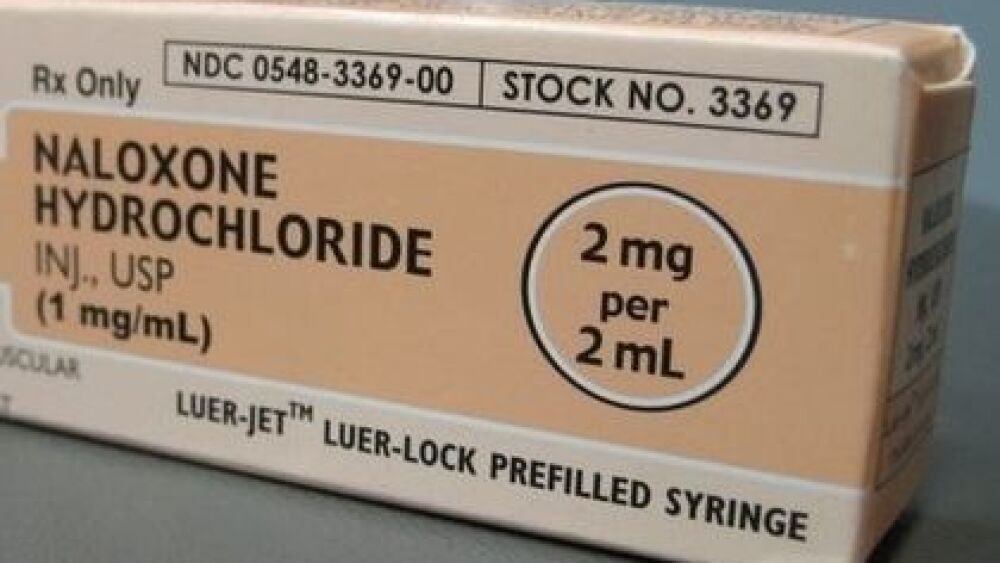By Paul Schott
The Stamford Advocate
STAMFORD, Conn. — Purdue Pharma, the embattled maker of OxyContin, announced Wednesday a $3.42 million grant to support a nonprofit pharmaceutical company’s development of an over-the-counter form of naloxone, a drug that can reverse the effects of opioid overdoses.
The Stamford-based company’s funding would help Pittsburgh-based Harm Reduction Therapeutics accelerate by about 12 months the production of its “low cost” naloxone nasal spray, Purdue officials said in a statement. Generally distributed as a prescription medication, generic naloxone can range from about $20 to $40 per dose, while Narcan-branded spray kits, with two doses, can run between $130 and $140.
“While naloxone accessibility cannot be seen as a single solution, it must be part of our collective actions,” Purdue CEO and President Craig Landau said in a statement. “This grant is one example of the meaningful steps Purdue is taking to help address opioid abuse in our communities.”
Harm Reduction Therapeutics, which was founded last year, expects its naloxone would be developed, approved and distributed in 18 to 24 months. First responders and non-medical professionals could administer the drug, whose prices have not yet been finalized. No revenues or royalties would be paid to Purdue.
“Increasing access to naloxone—by obtaining FDA approval to sell it over the counter and selling it at the lowest possible price as a nonprofit pharmaceutical company—will help save lives that would otherwise be lost to opioid overdose,” Harm Reduction co-founder and CEO Michael Hufford said in a statement.
Purdue officials said their grant would build on their existing partnership with the National Sheriffs’ Association that gives officers across the country naloxone overdose kits and training.
A number of federal agencies recommend expanded use of naloxone, which is also available as an injection, to help limit the toll of the opioid crisis.
More than 72,000 Americans died from drug overdoses in 2017, including illicit drugs and prescription opioids, representing a two-fold increase during the past decade, according to the Centers for Disease Control and Prevention.
“For patients currently taking high doses of opioids as prescribed for pain, individuals misusing prescription opioids, individuals using illicit opioids such as heroin or fentanyl, health care practitioners, family and friends of people who have an opioid use disorder, and community members who come into contact with people at risk for opioid overdose, knowing how to use naloxone and keeping it within reach can save a life,” U.S. Surgeon General Jerome Adams said in a statement.
While Purdue officials say initiatives like the naloxone grant demonstrate their commitment to tackling the opioid crisis, the company remains under severe pressure from prosecutors and activists across the country.
More than 1,000 lawsuits have been field against the company, generally alleging that it fueled the epidemic of opioid abuse by deceptively marketing opioids including OxyContin. Twenty-seven state have sued the firm; Purdue denies the allegations.
Meanwhile, the company’s headquarters at 201 Tresser Blvd., in downtown Stamford, has become a target for protesters. Four demonstrations have been held outside the building in the past three months, including an Aug. 17 gathering attended by about 500.
Many of the protesters want the company to make a massive payout to support initiatives to tackle the opioid crisis, similar to the nearly $250 billion settlement with the tobacco industry in 1998.
Copyright 2018 The Stamford Advocate












